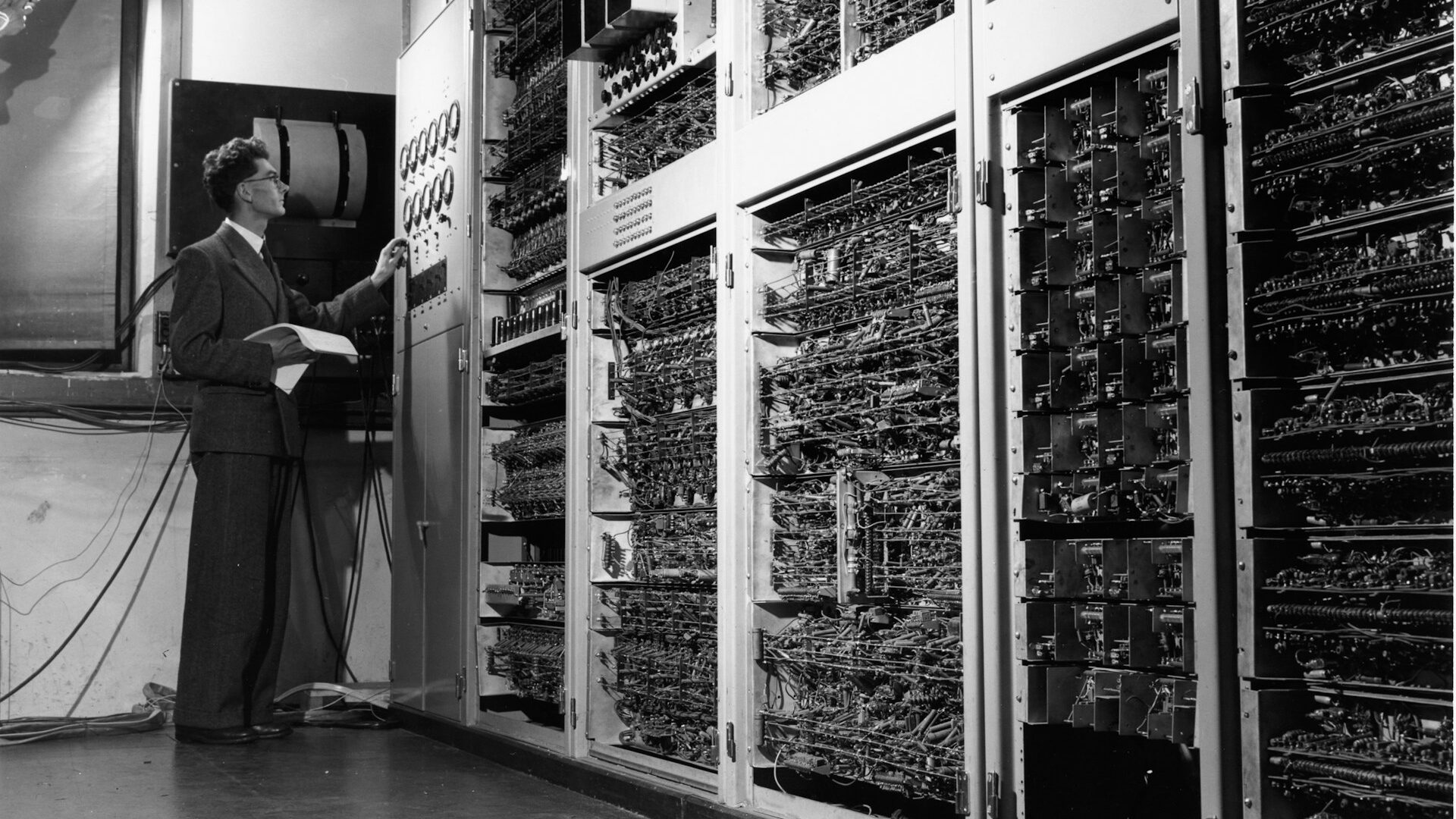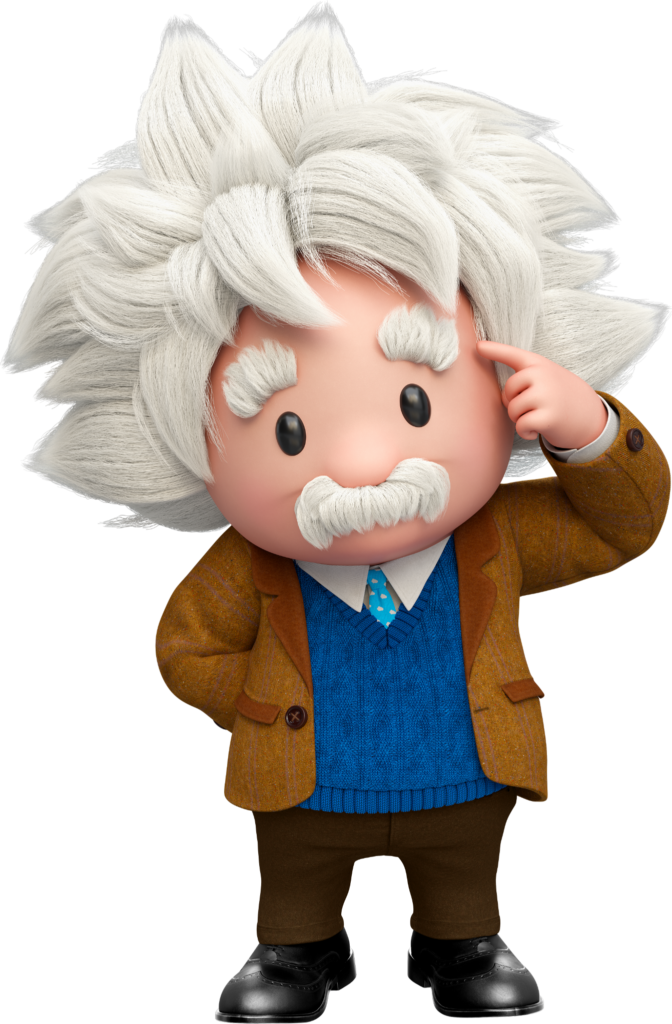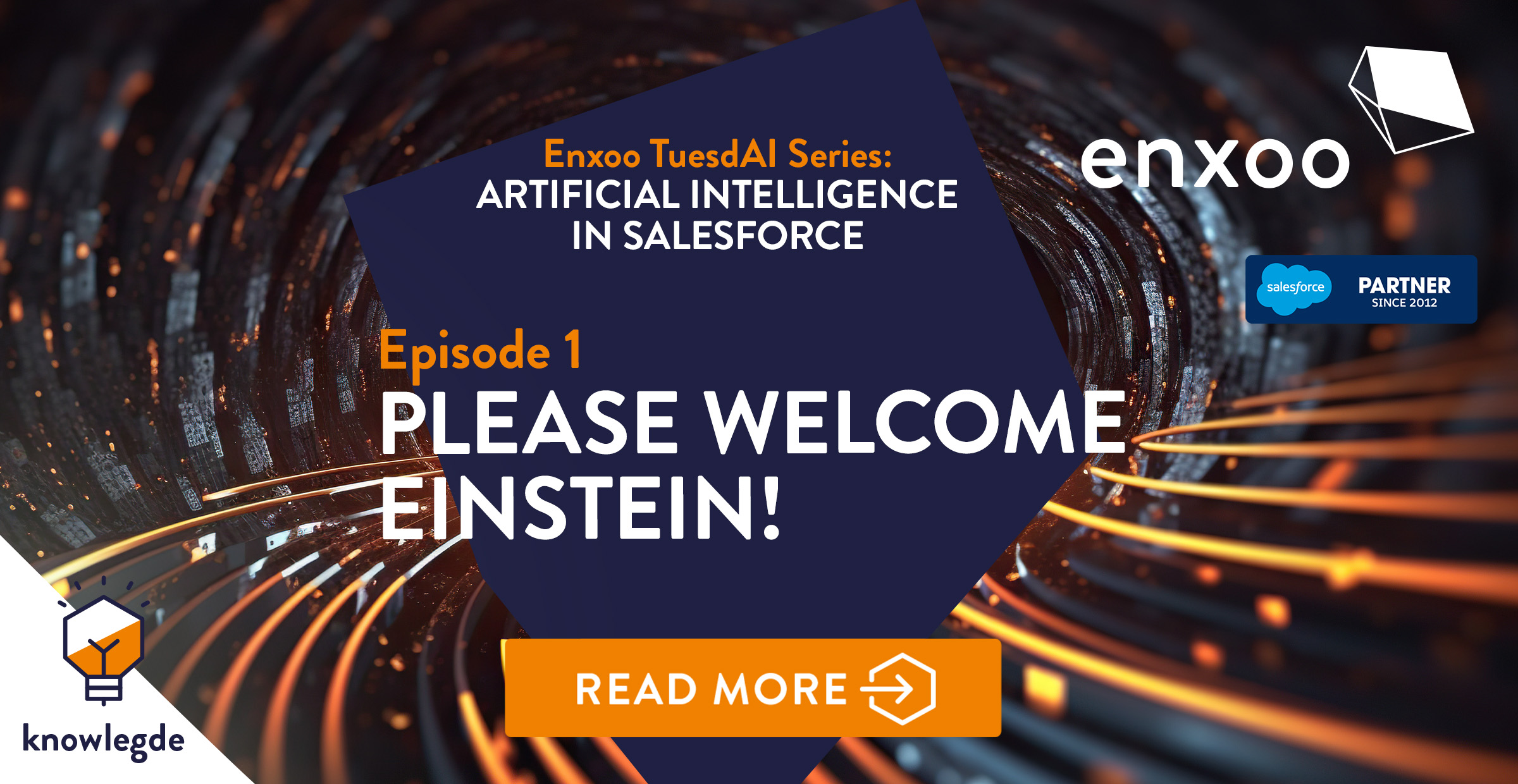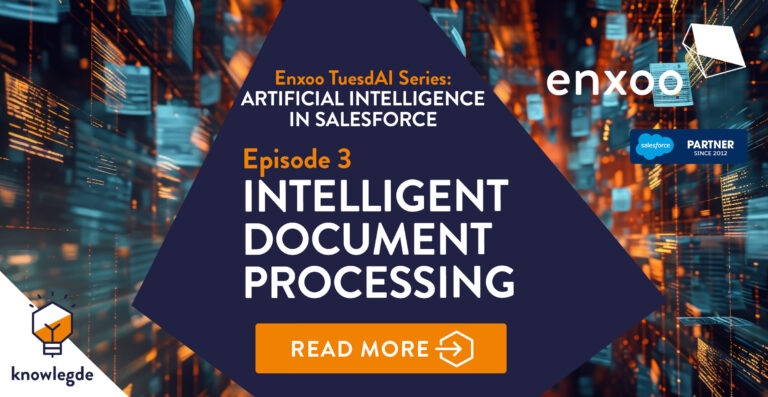AI. Artificial Intelligence. A herald of the forthcoming technological revolution, fulfilling science-fiction movie scripts, it’s the hottest topic of our times. All of these terms are present in ongoing discussions about artificial intelligence. But what is it? What changes does it bring to the business world? Will evolution turn into revolution? How do Salesforce products implement AI in their products?
Answers to these questions and more are below!
Origins of AI
The origins of artificial intelligence go back to the early 1950s when a group of inquisitive scientists, mathematicians, and philosophers emerged with the concept of artificial intelligence culturally assimilated in their minds. One of them was the British Alan Turing, now often called the “godfather” of AI. He suggested that if humans use reason and available information to form and solve conclusions – why can’t machines work the same way?
In 1956, the first conference on Artificial Intelligence took place – gathering the leading scientists of that time to start an open discussion on what AI is today.
Unfortunately, the mid-20th century was a time when computers were extremely expensive and still very underdeveloped – as a result, the development of AI was very slow until the 2020s when the so-called AI Boom arrived. 1

What it is?
Now, as we briefly looked through the origins and history of AI let’s look for a proper definition:
Artificial intelligence (AI), the ability of a digital computer or computer-controlled robot to perform tasks commonly associated with intelligent beings. The term is often used to refer to projects to develop systems equipped with human-specific intellectual processes, such as the ability to reason, discover meaning, generalize, or learn from past experiences.2
Keeping this explanation in mind, let’s remember that AI can mean something different for each discipline and individual. A professional marketer will perceive it differently from a developer, salesman, or designer, wouldn’t they?
Marketing after the AI Boom
After the grand “AI Revolution” happened in the 2020s we all understand that Artificial Intelligence is a real game changer for most industries, including marketing. I believe it is safe to say that all of us are witnessing a “seismic shift” happening in technology right now.
What has changed?
With the recent development of artificial intelligence, customers have increased their expectations for personalized experiences and broadly understood customer service. To meet these expectations, marketing tools must increase efficiency and automate processes, allowing marketers to do the same or even more – much faster.
Fortunately, AI has come to the rescue to meet these new challenges. Thanks to the emergence of Predictive AI, artificial intelligence can offer the most optimal solutions based on existing data. For example, it can advise on the next best offer, the next best action, and which product to promote to a specific customer. Meanwhile, Generative AI focuses on creating new content, such as auto-crafting emails or other types of content.

How to get started with AI?
The one and only commandment here is data. The results of AI actions are always only as good as the input data – it is the bedrock onto which AI is anchored. After all, it’s essential to remember that both AI models: predictive and generative are based on the data the user provides as an input, combining them with their existing training, they will produce an output. For this reason, one of the key factors in modern business is to build a high quality integrated data infrastructure now.
Another important factor is to identify and prioritize high value use cases. Artificial Intelligence will always deliver the best results in the areas where processes are inefficient or where customer experience, can be improved.
How does Salesforce approach Generative AI? Introducing: Einstein
Salesforce AI solutions are uncovered under the name of the most iconic scientist of all time: Albert Einstein. Salesforce Einstein is the AI for CRM that delivers AI-powered predictions and generated content. It offers a conversational user interface (UI) for artificial intelligence (AI) within any application or workflow. This functionality is delivered through a customizable suite of builders that allow users to tailor prompts, skills, and models according to their specific needs. Leveraging the metadata-driven Salesforce Platform, Einstein ensures flexibility and reliability. By being built on the Einstein Trust Layer, it allows users to harness the power of AI without encountering risks associated with diverse AI vendors or being limited to a single model provider. Furthermore, Einstein benefits from enriched data and contextual information provided by CRM and Data Cloud, resulting in more precise and pertinent outputs.
What makes Einstein great is the fact that it’s a marketing suite built natively on Salesforce world-famous CRM solution. Thanks to its complete integration with CRM, this solution enables personalization at scale, faster, and also more productively. 3
To make everything clear – Salesforce implements Einstein AI solutions to all its products, including Sales Cloud, Service Cloud, Commerce, and of course Marketing Cloud which is our main topic.

Salesforce Marketing AI
As we’re all familiar with Einstein AI solutions let’s delve into fields of confrontations of these tools into Marketing Cloud – to truly understand what features the Einstein AI offers for Marketing.
- AI-Enhanced Marketing Solutions (Data Cloud for Marketing)
Salesforce AI allows you to create free segments, quickly generating precise audience segments using natural language prompts. Additionally, users can deploy custom models without copying data, enhancing customer profiles. Finally, lookalike modeling identifies similar audiences to expand campaign reach effectively. - Automatization of intelligent journeys (Marketing Cloud Engagement)
Thanks to the implemented AI models, the user can execute journey optimization, automating personalized campaigns with predictive AI, improving engagement. Additionally, AI can fire up the content creation process with instantly generated on-brand content, enhancing personalization. Finally, the user can easily detect campaign anomalies in real time for actionable insights. - Scaling lead generation and account-based marketing (Marketing Cloud Account Engagement)
While using Salesforce AI solutions, the user is just a few steps away from the AI Scoring tool, which identifies top prospects with AI analysis of marketing data. When it’s done, the AI will help with key account identification, enhancing ABM strategy along with automated tier rankings and unified data. - Personalizing real-time moments (Marketing Cloud Personalization)
Within its AI solutions, Salesforce delivers AI-Driven Event Triggers to convert customers using real-time data and automate the entire process. Additionally, users have access to Real-Time Affinity Profiling. This feature analyzes intent data for personalized messaging, offering higher conversion rates. - Optimizing campaign spending, planning, and performance (Marketing Cloud Intelligence)
Salesforce AI empowers data integration, making it fully automated and standardized for efficient analytics. With the usage of Predictive AI, it also supports the optimization of marketing campaigns, streamlining the allocation of the budget across omni-channel communication. This provides all the necessary insights about marketing performance. 4.
I won’t believe it until I see it…
Are you curious to explore how Einstein AI works in a real business use case? Don’t miss our next episode of Enxoo TuesdAI Series, where we will present our case study involving AI modules delivered by Salesforce.
Thank you for reading!
Stay in touch with us and sign up for our newsletter
We’ll send you our insights digest directly to your email inbox once every few weeks.



